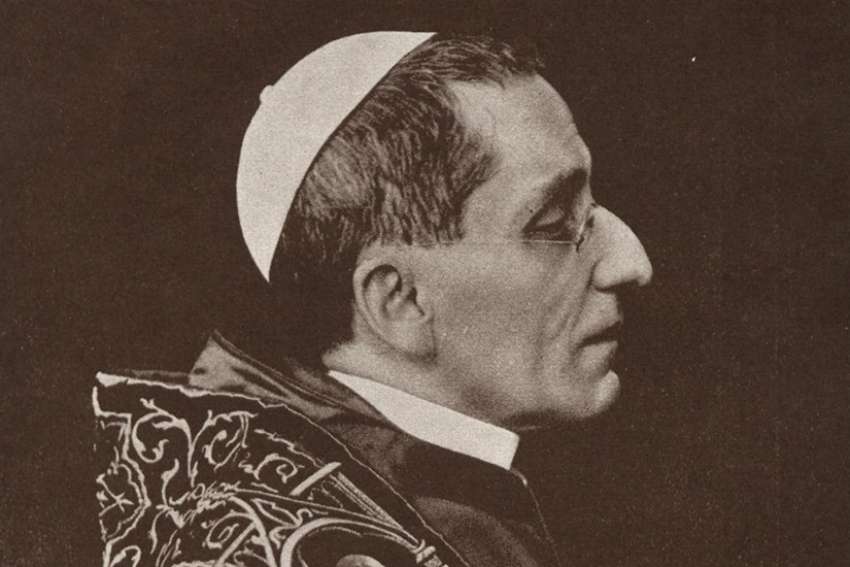“Peace be to you.”
Such was the first greeting of the risen Saviour to His apostles. He had come forth victorious from the tomb. He had made death the most convincing witness of His divinity. He had lit the lamp of immortal hope in the grave itself.
And yet, when He has returned from that dead born whence none ever came back before — when He stands invested in a glorious immortality before His own dearest friends — His first utterance is not “Rejoice with Me because I have triumphed over sin and death,” but “Peace be to you.” And after He has shown them His hands and His side and thus given them a tangible proof of His resurrection, He repeats this salutation.
How wonderful must not this peace be which our Lord wishes twice to His apostles under the circumstances described! What importance Jesus must have attached thereto!
Ah! the world is beginning to understand now the Saviour’s viewpoint in this respect. No fever-consumed patient ever longed for a cooling draught of crystal water as the slaughter-sick world is today longing for peace. Peace!
Ah, the world knows something of the blessedness of peace now, something of the music the very word breathes. It yearns to feel the refreshing dew of peace on its burning brow; it longs for the soft breath of peace after the hell-blasts of war.
One of the dangers of the present situation is that this very weariness which weighs down on the world may lead to a patched up and treacherous peace, which will mean merely a breathing spell in which exhausted combatants prepare for another and more deadly struggle.
Oh, we want peace, but not peace which is a mere truce, which leaves national antipathies and hatreds suppressed for the moment, to break out in greater intensity at the first opportunity. We want the peace which Jesus Christ extended to His apostles when, risen from the dead, He first stood in their midst.
War is hell and peace is Heaven; but that peace must come from Heaven and look to Heaven as its destiny. And Heaven has spoken to us through Jesus Christ, and Jesus Christ speaks through His vicar.
Had the war-torn world recognized this a year ago, what a different Easter we should have today! A Russia torn from end to end with revolution and creating dangers and problems of the most alarming kind … a Paris with its church floors crimsoned with the blood of worshippers on Good Friday afternoon and on Easter morning … an Italy menaced with invasion … the valleys of northern France dyed with the blood of the most terrible struggle of the war — all this would have been prevented had the Pope’s peace message of a year ago received a respectful and sympathetic response. But the reply evoked was a chorus of condemnation.
Some expected that by a divine inspiration, an apocalyptic revelation to which he made no claim, the Pope should have, then and there, decided the details of every issue involved and found of course that they were in the right in everything, including their secret agreement to allow him no voice in the final settlement of affairs.
When he did not act the partisan, he was blamed by both sides.
The present condition of affairs in Europe looks very like a judgment on the reception given to the peace message of the Roman pontiff a year ago. Were he not above such things, he might find a grim satisfaction over the situation in which those who blamed him find themselves today.
Let us hope that, if sadder, they are wiser now, and begin to realize that a true and permanent peace can come only through Him who on the first Easter evening greeted His disciples with the salutation: “Peace be to you, and who speaks and acts through His vicar on Earth — the Pope.
(To explore The Catholic Register Archive, go to www.catholicregister.org/archive.)


